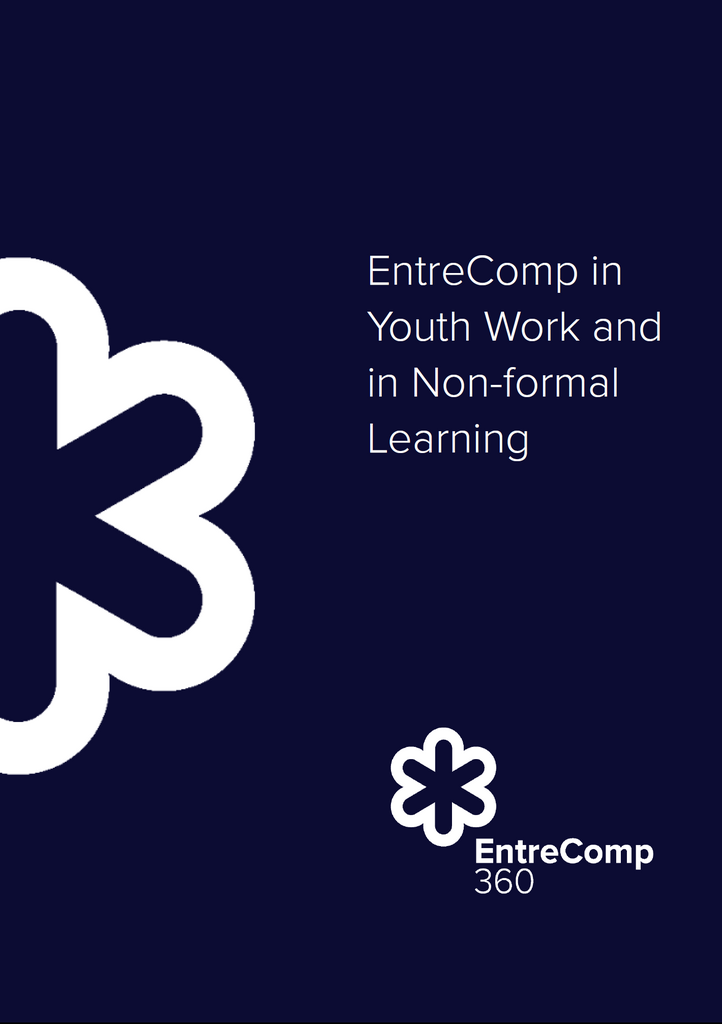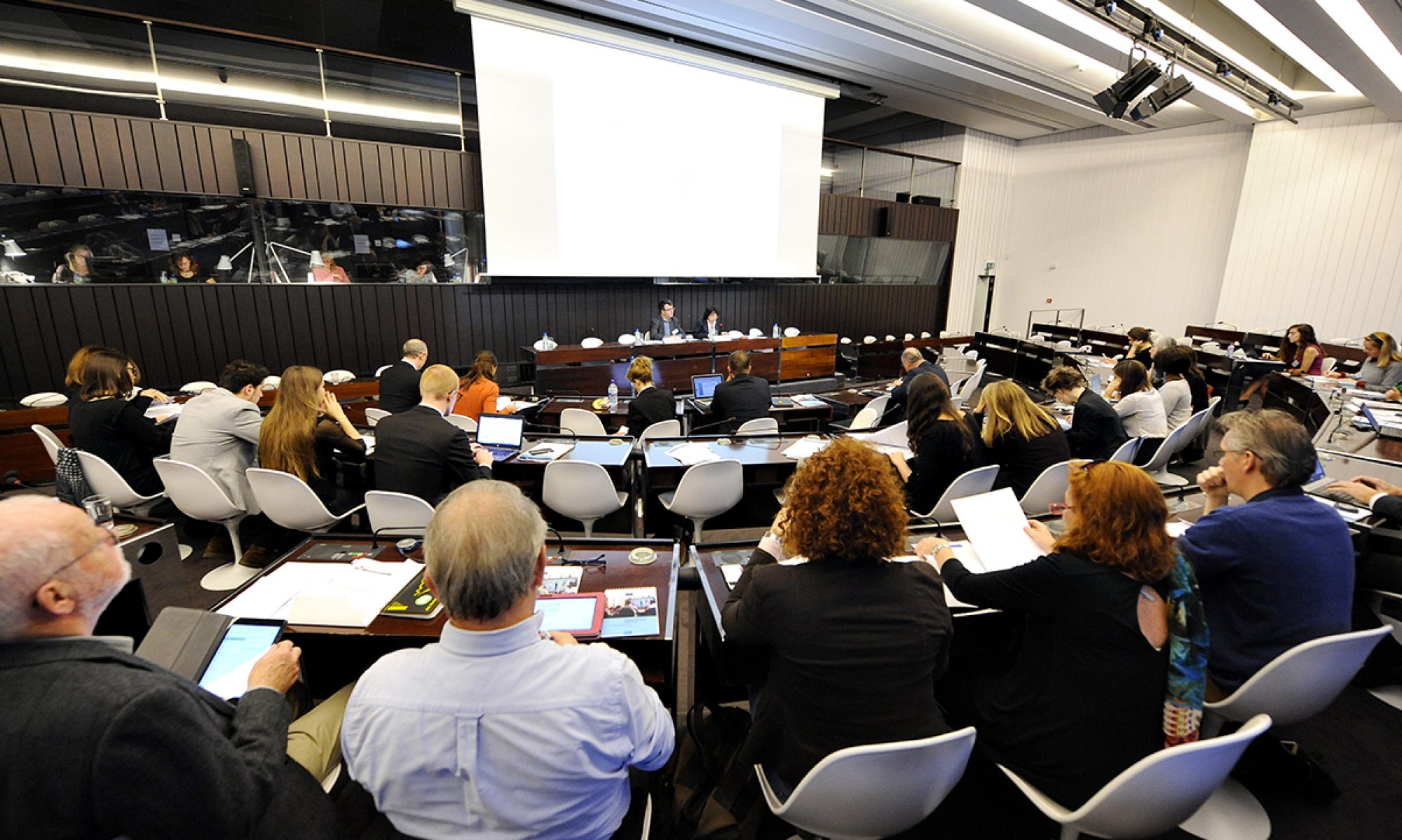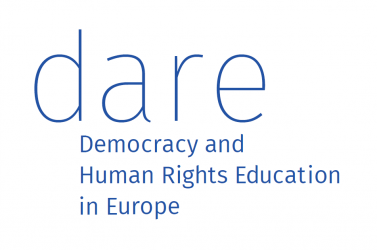
Created in the project EntreComp 360, coordinated by Haskoli Island, supported
by the European Union. With contributions of Democracy and Human Rights Education in Europe, Haskoli Island, Bantani Education, Consorzio Materahub Industrie Culturali e Creative, Innogate to Europe SL, The Women’s Organisation Ltd , and Not a Bad Idea Ltd.
Editor: Nils-Eyk Zimmermann, Reykjavík/Brussels, 2021
Download
EntreComp and Entrepreneurship Education – A Matter for EDC/HRE?
The EntreComp Competence Framework is one of several such frameworks that describe in more detail the EU’s Key Competences for Lifelong Learning and provide guidance to educators in developing and implementing high-quality learning opportunities. However, the debate on competences and the appropriation of competence frameworks mostly focuses on national curricula and formal education. At the same time, a significant amount of learning opportunities that synthesise knowledge, skills and attitudes and thus strengthen learners’ competences are organised outside these formal educational organisations. Therefore, with this publication, we encourage consideration of how competency frameworks in general, and EntreComp in particular for “entrepreneurship competence”, can be meaningfully integrated into non-formal learning.
Furthermore, we see a great potential in EntreComp, especially in the field of youth work and Education for Democratic Citizenship, to strengthen active pedagogical approaches, far beyond the context of classical “entrepreneurial” learning. In this respect, EntreComp is also interesting for those who strengthen active engagement, support the proactivity of learners or engage in active cultural education.
What’s inside?
The guide introduces EntreComp and its broad understaning of entrepreneurship education, addresses the context of non-formal learning and youth work and aims to illustrate with practical examples what such a pedagogy of the active can look like.
- How can EntreComp support non-formal
learning and youth empowerment? - Acting upon opportunities and ideas
- Mobilizing different resources
- Action toward social, cultural, or
economic impact
The guide was developed within the EntreComp 360 project.

